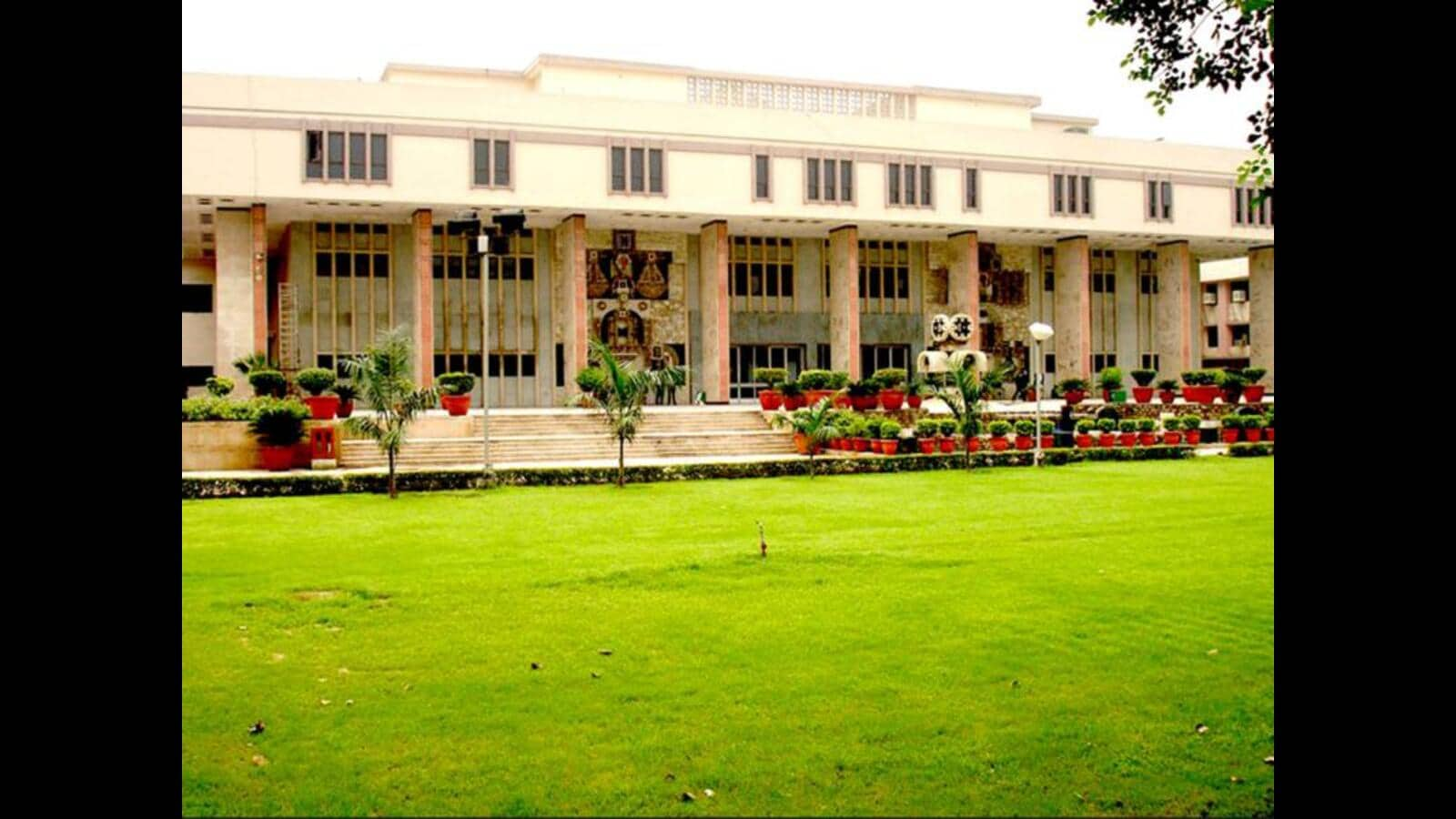


The Delhi High Court recently observed that a police officer can also be a victim of domestic violence and that courts should not be blinded by gender-based or stereotypical perceptions associated with any profession [Sanghmitra v State].The Court made the observation while setting aside an sessions court's decision to discharge a man from a case involving allegations of cruelty to his wife.The sessions court had quashed the charges under Section 498A (cruelty) read with Section 34 (act done with common intention) of the Indian Penal Code (IPC) after noting that both the accused husband and the wife who filed the complaint were police officers.Justice Swarana Kanta Sharma of the High Court, however, observed that while deciding on the question of framing a criminal charge, the opinion of a court of law cannot be prismed through any stereotypical perception about a gender or a profession.Making such assumptions would amount to holding that a person in a particular profession will always behave in a way as perceived by the public, the High Court observed.It would be unjustified and biased to assume that a person who is working as a police officer can never be a victim of domestic violence, the High Court held.“Moreover, the present case also presents a contradictory view where both the husband and the wife are working on equal status/ post in Delhi Police, however, the position of the wife as police officer has been held against her observing that since she is a Police officer, she cannot be intimidated, harassed, dowry cannot be demanded from her, she cannot be tolerant in order to save her marriage, totally ignoring her specific allegation and submission that she had kept on waiting and hoping her return to her matrimonial home and saving her marriage. Conversely, it has been held that since the accused husband is in Police, he will not intimidate his wife,” the Bench added.Justice Sharma also dealt with “hidden biases” and said that it is of utmost importance to uphold “gender neutrality in judicial decision-making."“The present case of a female police officer, deemed incapable of being victimized, solely due to her profession is an illustration of the insidious nature of our hidden biases. To harbor assumptions, especially as a judge, that a woman, by virtue of her profession as a police officer, cannot possibly be a victim in her own personal or matrimonial life, is a form of injustice of its own kind and one of the highest kinds of perversity which can be seen in a judgment. Judicial decisions, premised on such assumptions, are examples of court’s refusal to recognize the complex realities of people’s lives, and defiance of law, logic and empathy," the Court said.The High Court was dealing with a marital cruelty case where a magistrate had initially framed charges against the accused police officer and his family members.However, a sessions court later quashed the magistrate order and discharged the accused.The sessions court order was then challenged by the woman (complainant) before the High Court.The High Court noted that what primarily weighed in the mind of the sessions court while discharging the accused was that the complainant was working as a police officer and that the offence in question could not have been committed against her.Justice Sharma chastised the sessions court for proceeding on such a view and said that it is unfortunate that the lower court did not discuss the alleged specific incidents of dowry demand and torture meted out to the complainant.The Court further said that it is important to acknowledge the unique characteristics of a domestic violence or cruelty case, where the victim is a woman who occupies a position of authority."To dismiss the sufferings of women in positions of authority as mere fabrication or deceit would be grave injustice to victims of domestic violence, and holding so would also be equal to holding that no woman who is either a police officer or an officer of administrative services or even a judicial officer or any other woman considered empowered by societal norms or in a position of authority or dominance will ever be considered as a victim. Therefore, a court of law cannot make sweeping generalizations about the credibility of the allegations levelled in a complaint on the basis of the gender of the victims and their professional stature," the High Court said.The High Court also stressed that there is a need for integrating gender sensitivity in judicial education.“Given the complexity of contemporary legal disputes, particularly in matters where there may not be only two genders but more in view of different sexual orientations and preferences, the judicial academies, which carry the most important burden of training their own protégés, must include in their curriculum the chapters addressing the perils of unrecognized gender and other biases which get reflected in the judgments.”The Court, therefore, requested the Delhi Judicial Academy to make issues such as gender equality and cultural diversity a part of the curriculum and continuous judicial education program.Advocate Divjot Singh Bhatia appeared for petitioner (complainant).The State was represented through Additional Public Prosecutor Naresh Kumar Chahar.Advocate Gautam Das represented the accused.
TAGS: Delhi High Court domestic violence police officer gender bias gender neutrality judicial decision-making